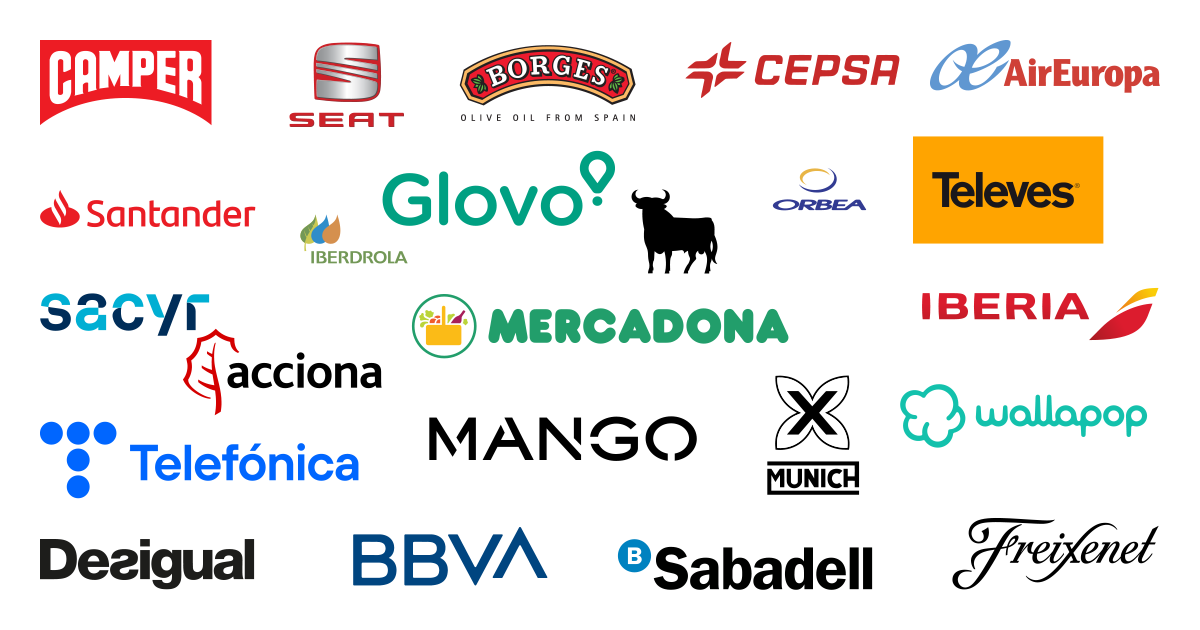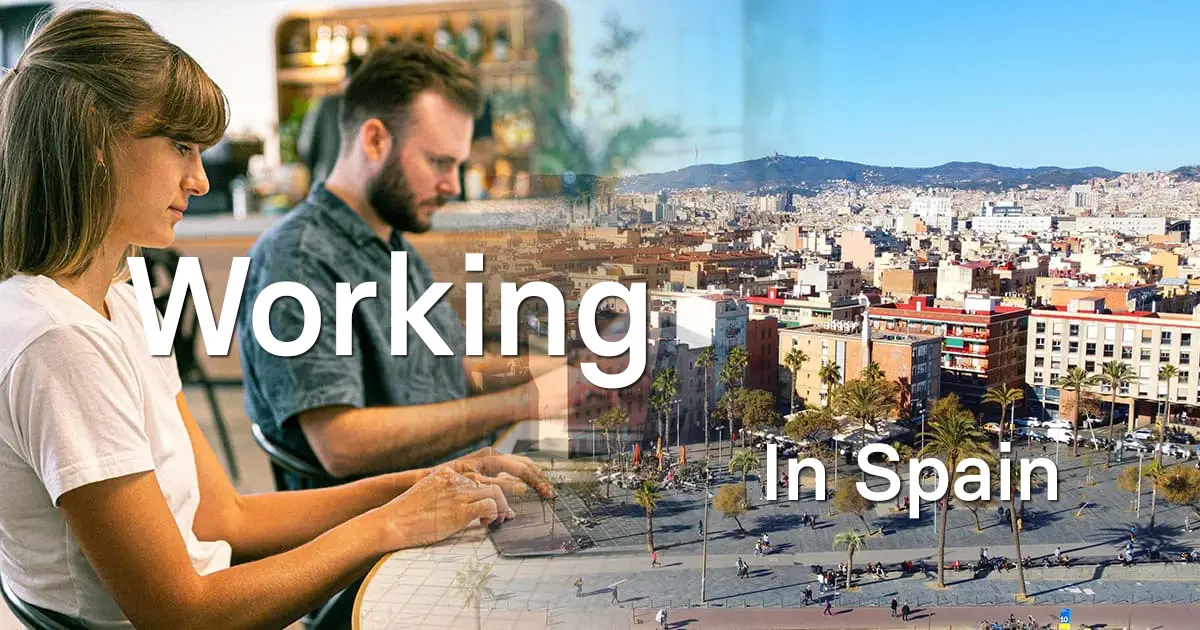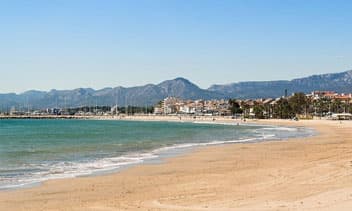Lifestyle
The Spanish school system is decentralized, with compulsory education from ages 6 to 16, though most children start free public preschool at age 3. Families can choose between: Public schools: free, local catchment-based, taught in Spanish or...
panish school holidays in 2025-2026 are built around three main breaks: Christmas: 22 December – 7 January Easter (Semana Santa): 30 March – 6 April Summer: late June to early September, lasting about 11 weeks There are no national...
In 2025, the cost of living in Spain remains on average 20–30% lower than in France and far below that of Switzerland or Canada. Housing costs vary by city: Madrid and Barcelona are closer to major European capitals, while Valencia, Seville, or...
The Mediterranean diet in Spain is built around olive oil, vegetables, fruits, legumes, fish, and whole grains. Its scientifically proven benefits include cardiovascular protection, diabetes prevention, increased longevity, and healthy aging. It...
Spain’s cocktail culture goes far beyond Sangría. From region-specific drinks like Rebujito in Andalusia or Queimada in Galicia, to reinvented global favorites like the Spanish-style Gin & Tonic, cocktails here are about sharing, celebration, and...
Spanish brands in 2025 go far beyond fashion and food—they shape the economy, lifestyle, and even the real estate market. Global leaders like Zara, Mango, and Loewe export Spanish culture worldwide, while Mercadona and Freixenet influence daily life...
Football (fútbol) in Spain isn’t just a weekend hobby — it’s woven into the national fabric. From schoolyards to city squares, from beach games to bar conversations, the sport is deeply embedded in daily life. Children grow up playing in the streets...
Thinking about retiring somewhere sunny, affordable, and full of life? Spain has long been one of the world’s favorite retirement destinations, offering a winning combination of year-round sunshine, a relaxed Mediterranean lifestyle, and a cost of...
Spain's Digital Nomad Visa, introduced in 2023, allows non-EU remote workers and freelancers to legally reside in Spain while working for foreign employers or clients. Applicants must demonstrate a minimum monthly income of approximately €2,763...
In 2025, Spain offers strong job prospects for foreigners in tech, healthcare, education, tourism, and green sectors. EU citizens can work freely; non-EU nationals need the right visa. Most jobs are full-time with permanent contracts. Salaries range...
In 2025, non-EU citizens need a Spanish work visa to live and work legally in Spain. The best option depends on your situation: the Regular Work Visa is ideal if you have a Spanish job offer; HQP and EU Blue Card are fast-tracked for high-skilled...
Work Permits: EU/EEA citizens can work in Spain without a visa, but must register for a NIE and residency. Non-EU nationals need a valid work visa — options include the general work permit, self-employed visa, and the Digital Nomad Visa...
Spain offers excellent public healthcare through the Sistema Nacional de Salud (SNS), which is free or low-cost for legal residents. Expats need to register for social security and a health card (Tarjeta Sanitaria) to access services. Private...
Spain's allure as a destination for relocation remains strong due to its rich culture, welcoming communities, and stunning landscapes. Many ask, “Can I live in Spain full time if I buy a property?” While owning property in Spain offers numerous...

















